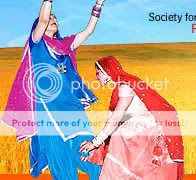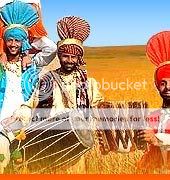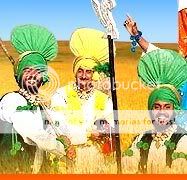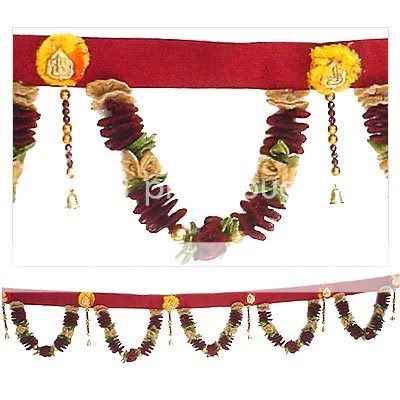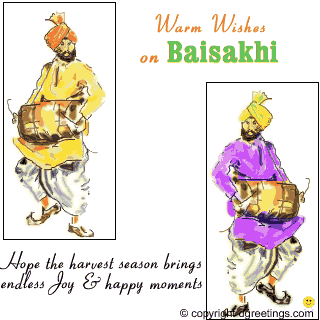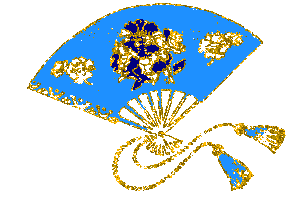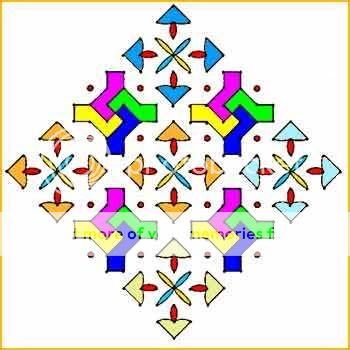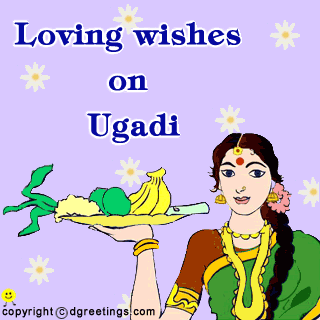



Thai Pongal (Tamil: ???????? 65;??) is a harvest festival equivalent to a thanksgiving event celebrated by Tamils across the world. Pongal in Tamil means "boiling over or spill over." The act of boiling over of milk in the clay pot is considered to denote future prosperity for the family. Traditionally celebrated at harvest time, it is a celebration of the prosperity associated with the harvest by thanking the rain, sun and the farm animals that have helped in the harvest. Pongal is celebrated by the Indian state of Tamil Nadu as well as Tamils worldwide, including those in Sri Lanka, Malaysia, Mauritius, South Africa, USA, Canada and Singapore.

The festival is at least 1000 years old although some believe that the festival is more than 2000 years old. As per epigraphic evidence, it used to be celebrated as Puthiyeedu during Medieval Chola empire days. It is thought that Puthiyeedu meant the first harvest of the year. People of all relegions celebrate the pongal festival.
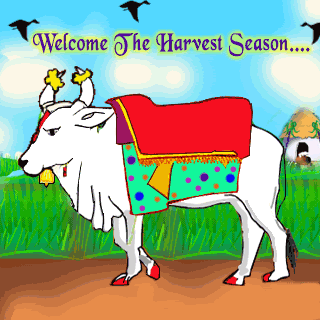
Sweet Pongal rice
Tamils refer to Pongal as "Tamizhar Thirunal" (meaning "the festival of Tamils"). This festival originated in Tamil Nadu. The saying "Thai Pirandhal Vazhi Pirakkum" (?? ???????? 21; ??? ???????? 21;) meaning "the birth of the month of Thai will pave the way for new opportunities" often is quoted regarding the Pongal festival.
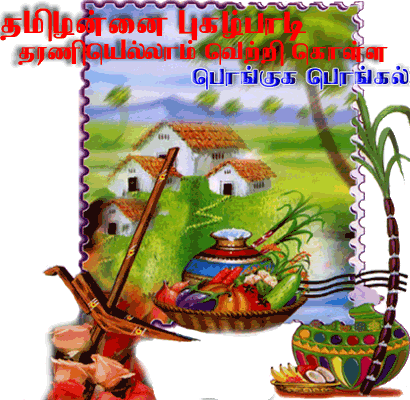
Usually, the festival takes place January 12 — 15 (on the Gregorian calendar). The festival is celebrated four days from the last day of the Tamil month Maargazhi (December — January) to the third day of Thai (January — February).The first day, Bhogi, is celebrated by throwing away and destroying old clothes and materials, by setting them on fire, marking the end of the old Thai and the emergence of the new Thai.

The second day, Pongal, is the main day, falling on the first day of the Tamil month Thai (January 14 — 15). Also known as Sarkarai Pongal or Veetu Pongal, it is celebrated by boiling rice with fresh milk and jaggery in new pots, which are later topped with brown sugar, cashew nuts and raisins early in the morning and allowing it to boil over the vessel. This tradition gives Pongal its name.
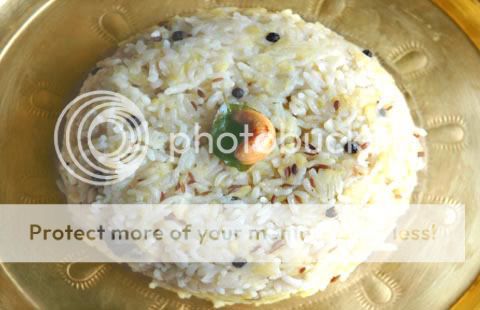
The moment the rice boils over and bubbles out of the vessel, the tradition is to shout of "Ponggalo Ponggal!" and blowing the sangu (a conch), a custom practiced during the festival to announce it was going to be a year blessed with good tidings. For Tamils, it is considered a good sign to watch it boil over, since it means that good luck and prosperity is forthcoming. ThenNew boiled rice is offered to the Nature during sunrise, a gesture which symbolises thanks to the sun and nature for providing prosperity. It is later served to the people present in the house for the ceremony. People also prepare savories and sweets such as vadai, murrukku, payasam and visit each other and exchange greetings.

The third day, Maattu Pongal, is for offering thanks to cattle, as they help farmer in different ways for agriculture. On this day the cattle are decorated with paint, flowers and bells. They are allowed to roam free and fed sweet rice and sugar cane. Some people decorate the horns with gold or other metalic covers. In some places, Jallikattu, or taming the wild bull contest, is the main event of this day and this is mostly seen in the villages.
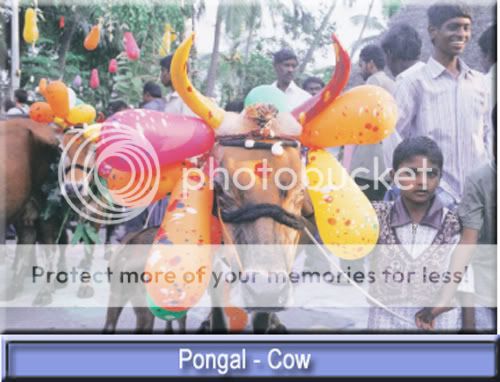
During the final day, Kaanum Pongal (the word kaanum means "to view") people visit beaches and theme parks. They also chew sugar cane and decorate their houses with kolam. This day is a day to thank relatives and friends for their support in the harvest..Although it started as a farmers festival, today it has become a national festival for all Tamils irrespective of their origins, caste or even religion. It is as popular in urban areas as is in rural areas.










